On form and beauty
[ by Charles Cameron — capable photographers capture “form” in their viewfinders, not just “content” ]
.
**
I have just been browsing someone’s choice of the “100 best photographs ever taken without photoshop”, and was struck by the ways in which form in general, and contrasts in juxtaposition more specifically — two of my recurring interests, form and the DoubleQuotes respectively — kept cropping up. I’ll get to them, and offer some stepped-down images from the series —
but first, take a look at the whole series as posted at The 100 best photographs ever taken without photoshop. Even the reduction to 60% of published size necessitated by the ZP column width loses much of the beauty — and imagine how they’d be as actual framed prints, in their original full sizes!
Someone’s choices? Yes, and by no means necessarily the best choices — this selection no doubt answers to a selection bias in the individual who put the series together — so the patterns I’m seeing here may belong either to that individual, or to the general human delight in contrasts, parallelisms and oppositions.
**
Earth and Sky, Heaven and Earth:
**
The seasons: time as change
An autumn forest. 50 percent Downloaded
**
Human impact observed:
Two worlds divided, New York, USA
Celebrating the 100th anniversary of the birth of Kim Il-sung, North Korea’s founder
**
On reflection, sheer, simple symmetries:
**
And that’s only a fraction of what the whole series of a hundred photos offers us. Each of these, I’d submit, is what I’d term a DoubleQuote in the Wild.
One final shot, color against grey — perhaps the loveliest of all:
A temple covered in ash from the Ontake volcanic eruption, Japan
So much humanity, so much pathos there.
**
Brilliant minds in both the arts and sciences focus as much on form as on content — on patterns, repetitions, symmetries for their own sakes, as much as on the particulars of the fields they study and in which they find them. At heart, this is a matter of aesthetic cognition.
We would do well to cultivate this kind of double vision — the awareness of form as well as content — across the board, from education and the arts to the sciences and strategy.
The moment we become polarized, however, in terms of a political or other form of partisanship, content becomes all we see (and agree or disagree with), and form effectively evaporates. In terms of the images above, we see earth or sky, summer or autumn, town or country — left or right — but not — but no longer — the whole.
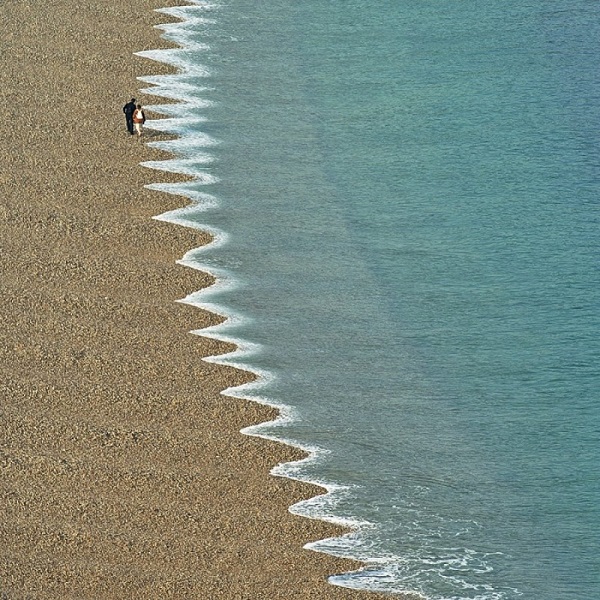
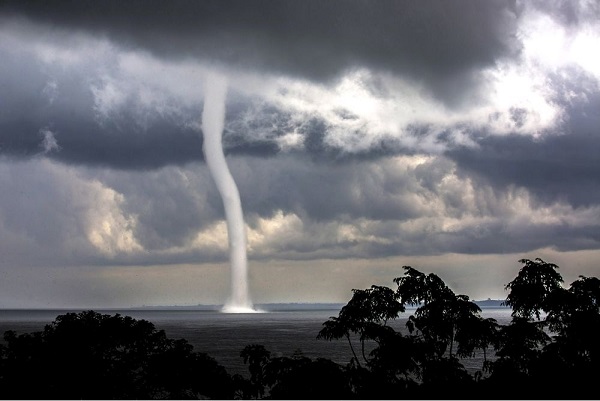
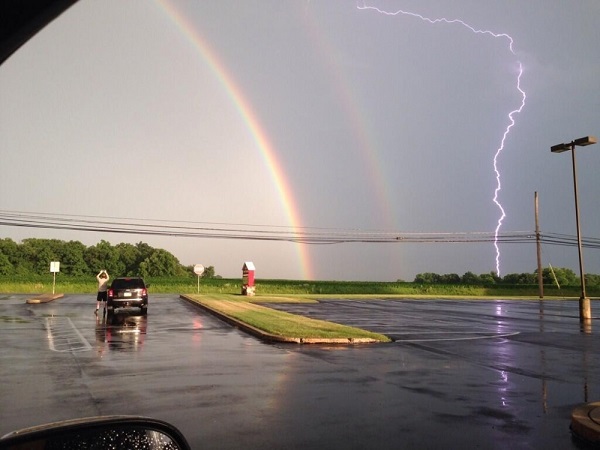

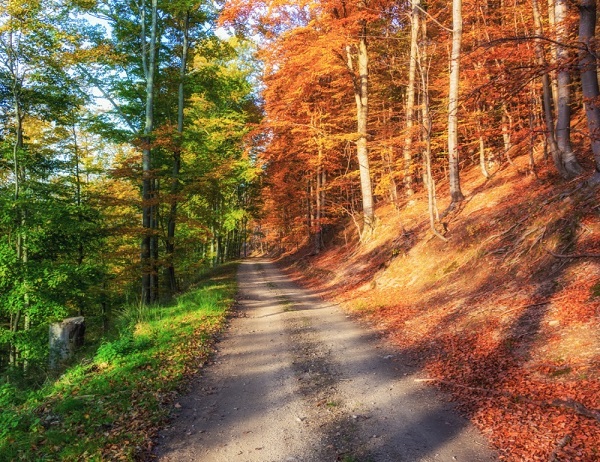

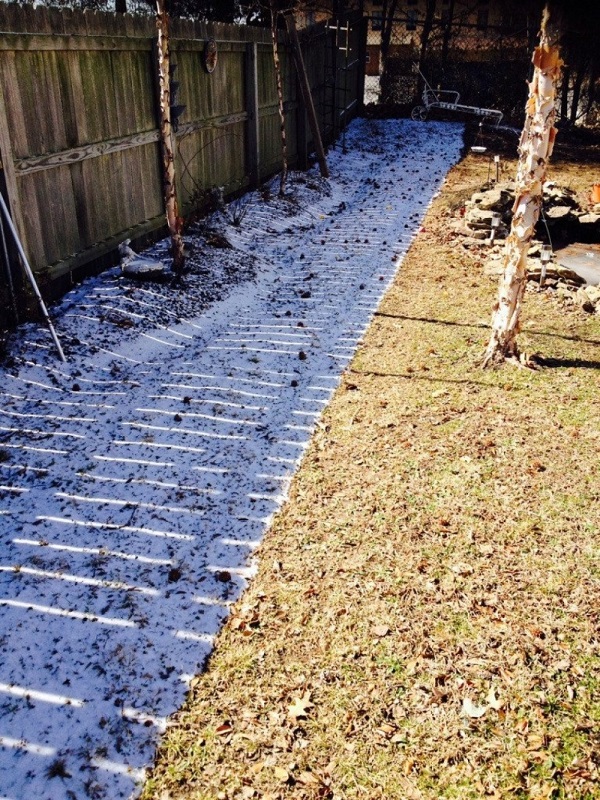
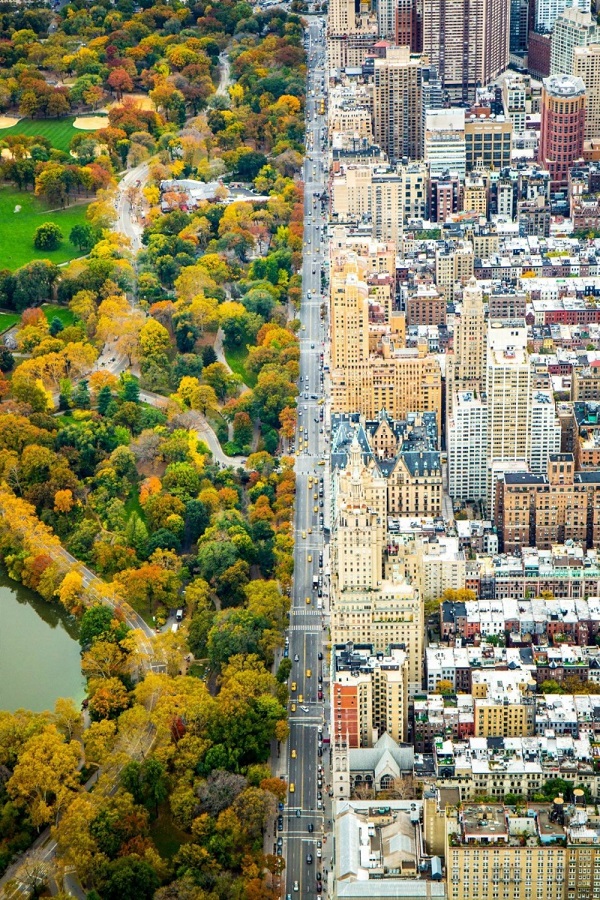
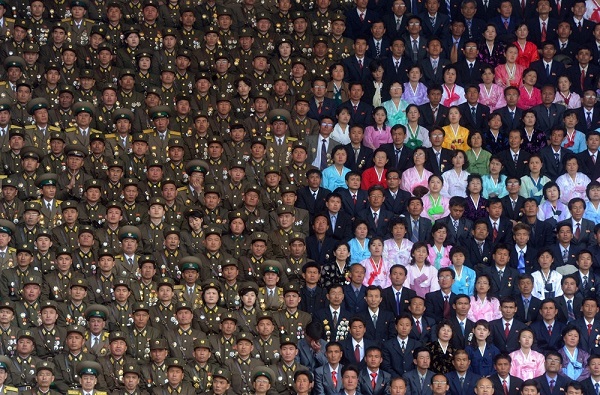
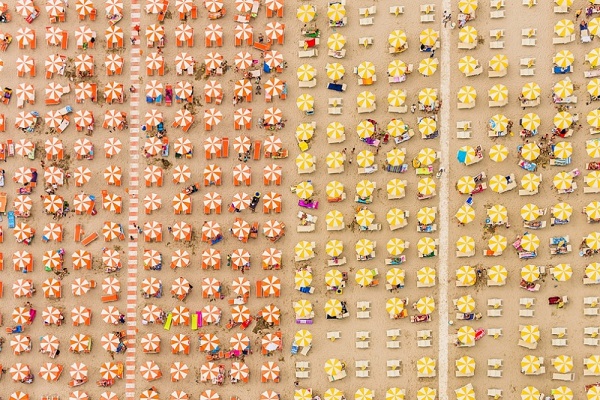
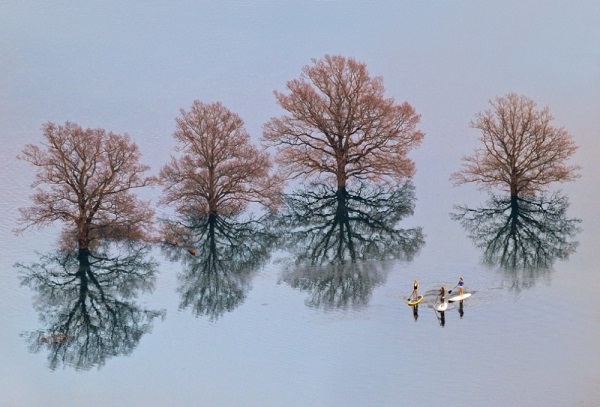
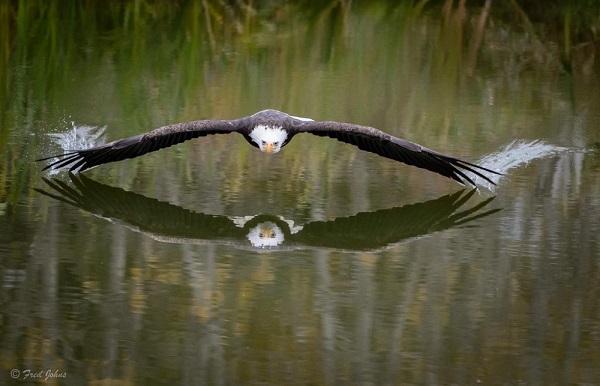
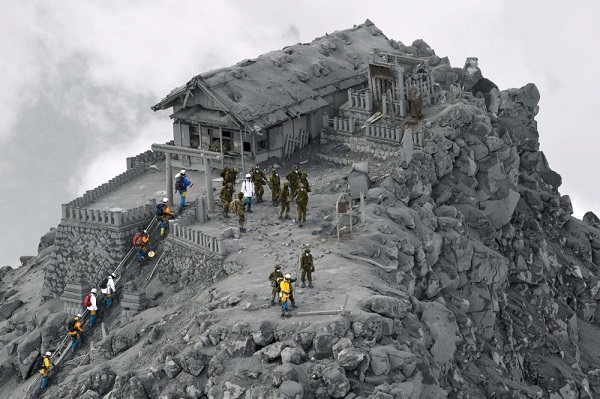



November 30th, 2015 at 4:29 am
The picture of the volcanic temple looks like an Escher painting.
December 3rd, 2015 at 10:09 pm
You recall that first image, titled “A toothy sea”?
DoubleQuote it with this one: